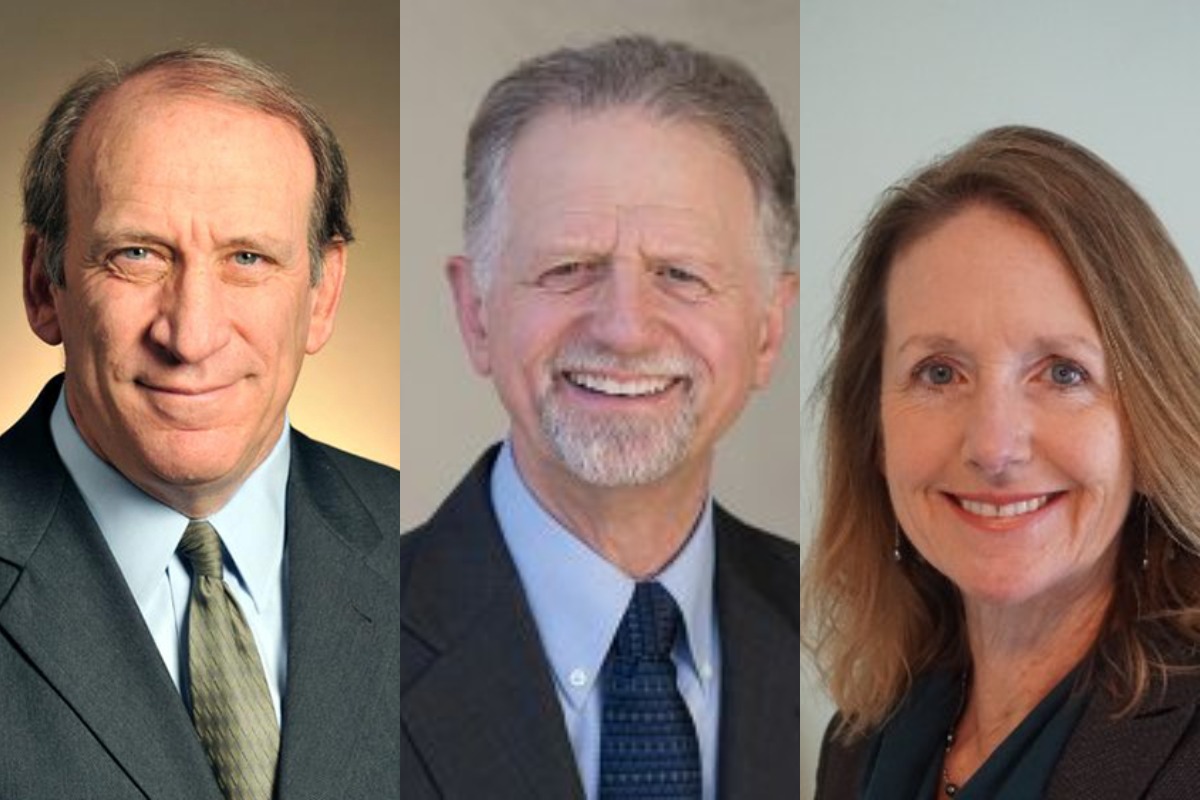Broadband Breakfast Live Online on Wednesday, June 17, 2020 – Federal Broadband Funds and Opportunity Zones
Broadband Breakfast Live Online on Wednesday, June 17, 2020, 12 Noon ET – “Federal Broadband Funds and Opportunity Zones (Topic 3 at Digital Infrastructure Investment on August 10).” For the most up-to-date information about the event, visit our Digital Infrastructure Investment page. This pathbreak

Broadband Breakfast Live Online on Wednesday, June 17, 2020, 12 Noon ET – “Federal Broadband Funds and Opportunity Zones (Topic 3 at Digital Infrastructure Investment on August 10).”
For the most up-to-date information about the event, visit our Digital Infrastructure Investment page.

This pathbreaking event brings the broadband infrastructure and financial services communities together to focus on the digital infrastructure and investment asset profile, including fiber, small cells, towers and data center assets required to support a 21st Century information economy.
The annual Digital Infrastructure Investment conference will unite infrastructure investment fund managers, institutional investors, private equity and venture capitalists with senior broadband leaders and bring clarity to the next business model for advanced digital infrastructure.
Digital Infrastructure Investment will take place on August 10, 2020, from 1 p.m. ET to 7 p.m. ET.
Register for free for the virtual Digital Infrastructure Investment.
Digital Infrastructure Investment Sponsors


This Broadband Breakfast Live Online session on June 17, 2020, previewed one aspect of the contents of the Digital Infrastructure Investment event. The conference takes place on Monday, August 10. In this preview session, our panelists considered:
The FCC is making $20.4 billion available for rural broadband. The U.S. Treasury’s Opportunity Zones help urban projects. Can these funds make a difference?
In this session, panelists will explore how the Federal Communications Commission’s Rural Digital Opportunity Fund might impact project financing. Funding from RDOF will also be discussed in the context of the relatively recent Opportunity Zone investments, plus other sources of federal funding available to supplement the return on investment for broadband projects.
- WATCH HERE, or on YouTube. Also available on Twitter and Facebook. Or SUBSCRIBE to the Broadband Breakfast YouTube Channel
- Blair Levin, former executive director of the National Broadband Plan
- Graham Richard, former mayor of Fort Wayne, Indiana
- Carol Mattey, former Deputy Chief of the Wireline Competition Bureau
- Drew Clark (Moderator), Editor and Publisher, Broadband Breakfast

Blair Levin is a nonresident senior fellow with the Metropolitan Policy Program at Brookings. He serves as the executive director of Gig.U: The Next Generation Network Innovation Project, an initiative of three dozen leading research university communities seeking to support educational and economic development by accelerating the deployment of next generation networks. Previously, he worked with the Communications & Society Program with the Aspen Institute Communications and Society Program, following his departure in 2010 from the Federal Communications Commission where he oversaw the development of a National Broadband Plan.
Graham Richard was the founding CEO of Advanced Energy Economy (AEE), a fast growing national association of businesses working toward a prosperous future based on secure, clean, affordable energy. He served as mayor of Fort Wayne, Indiana, from 2000 to 2007, following a 20-year career in business. Richard was a cofounder of enterprises in diverse fields including business consulting, hydropower, public television, cogeneration, and a small business incubator. He also served in the Indiana State Senate, where he chaired the public policy/utilities committee and served on the finance committee.
Carol Mattey, founder of Mattey Consulting LLC, has over 30 years of experience as a senior executive in the U.S. government, consultant and lawyer focusing on communications public policy. From 2010 to 2017, Carol was Deputy Chief of the Wireline Competition Bureau at the Federal Communications Commission, focusing on the FCC’s ongoing initiatives to reform over $9 billion in annual federal spending known as the Universal Service Fund, which supports broadband connectivity for rural areas, schools, libraries, healthcare providers and low-income consumers. She led the development and implementation of the Connect America Fund to extend broadband to unserved areas in the United States.









Member discussion